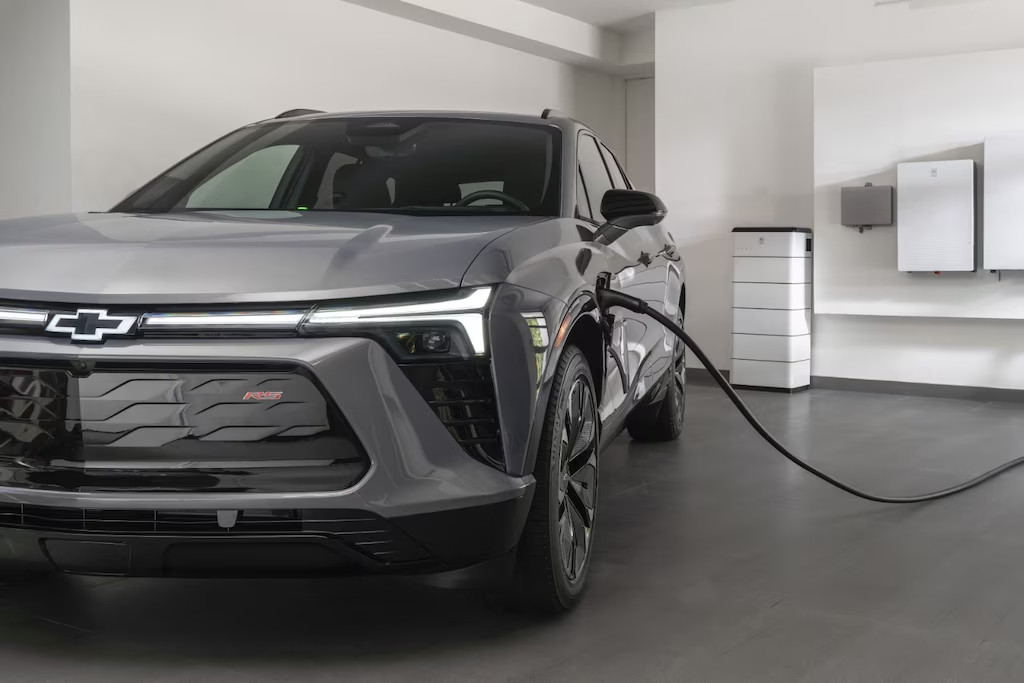In 2024, the automotive industry is at a pivotal crossroads. Electric vehicles (EVs) are projected to surpass 18 million units globally by the end of the year, according to Bloomberg Green. As governments push for greener policies and consumers become more eco-conscious, the debate between EVs, hybrids, and traditional gas cars intensifies. In this article, we’ll explore the cost and environmental impact trends of these three vehicle types, offering insights into which option might be best for you in the coming year.
Understanding the Costs: Initial Investment vs. Long-term Savings
EVs: High Entry, Low Maintenance
- Initial Cost: EVs often come with a higher sticker price compared to hybrids and gas cars. A 2024 Tesla Model 3 starts around $40,000. However, tax incentives and rebates can significantly reduce this cost.
- Maintenance and Fuel: EVs typically have lower maintenance costs due to fewer moving parts. Charging at home can be cheaper than fueling at the pump, especially if you have access to renewable energy sources.
- Resale Value: EVs are holding their value better over time, with the Tesla Model S retaining nearly 60% of its value after three years, as reported by Autocar.
Hybrids: The Middle Ground
- Initial Cost: Hybrids are generally more affordable than EVs, with models like the Toyota Prius starting at around $25,000.
- Fuel Efficiency: Hybrids offer the best of both worlds, with impressive fuel efficiency. The 2024 Hyundai Ioniq Hybrid can achieve up to 58 mpg combined.
- Maintenance: While hybrids have more components than EVs, they still boast lower maintenance costs than traditional gas vehicles.
Gas Cars: The Traditional Choice
- Initial Cost: Gas cars often have the lowest upfront cost. A 2024 Ford Focus, for instance, starts at approximately $20,000.
- Fuel and Maintenance: Gas prices fluctuate, impacting long-term costs. Maintenance can also be more expensive due to more complex engine systems.
- Resale Value: Gas cars typically depreciate faster, especially as more consumers pivot towards greener alternatives.
Environmental Impact: A Comparative Analysis
EVs: Zero Emissions and Renewable Potential
- Emissions: EVs produce zero tailpipe emissions, making them the cleanest choice for air quality.
- Battery Production: While battery production is energy-intensive, advances in recycling and sustainable mining practices are reducing the carbon footprint. InsideEVs highlights that companies like Rivian are investing in closed-loop battery recycling.
- Renewable Integration: EVs pair well with solar and wind energy, making them a cornerstone of sustainable living.
Hybrids: Reduced Emissions but Not Zero
- Emissions: Hybrids emit less CO2 than gas cars, but they aren’t emission-free. They offer a compromise for those not ready to fully commit to electric.
- Battery and Engine: The combination of a smaller battery and a gas engine results in lower overall emissions compared to traditional vehicles.
Gas Cars: The Environmental Cost
- Emissions: Gas vehicles are the least environmentally friendly, contributing to air pollution and greenhouse gases.
- Fossil Fuel Dependence: Their reliance on fossil fuels makes them unsustainable in the long run, especially as global policies shift towards carbon neutrality.
Practical Value: Making the Right Choice
Charging Your EV
- Home Charging: Install a Level 2 charger for convenience and cost savings. Companies like ChargePoint offer reliable home solutions.
- Public Stations: The IEA reports a 35% increase in public charging stations worldwide in 2023, making long trips more feasible.
Buying Tips and Recommendations
- Incentives: Check for federal and state incentives that can offset the higher initial cost of EVs.
- Test Drive: Experience different models to understand the driving dynamics and features.
Comparing Features
- Range Anxiety vs. Fuel Availability: EVs like the Lucid Air offer up to 520 miles per charge, mitigating range concerns. However, gas stations remain more ubiquitous.
- Technology and Comfort: EVs often come with the latest tech features, such as advanced driver-assistance systems and seamless connectivity.
Conclusion: The Road Ahead
As we move further into 2024, the choice between EVs, hybrids, and gas cars will largely depend on personal values and lifestyle. EVs offer unmatched environmental benefits and are increasingly cost-effective in the long run. Hybrids serve as a transitional step for those hesitant about full electrification. Gas cars, while still dominant, are becoming less favorable for eco-conscious consumers.
What will you choose for your next vehicle? As battery technologies advance and charging infrastructure expands, the future seems to favor the electrified road. Share your thoughts and join the conversation—where do you see the automotive industry heading in the next decade?

